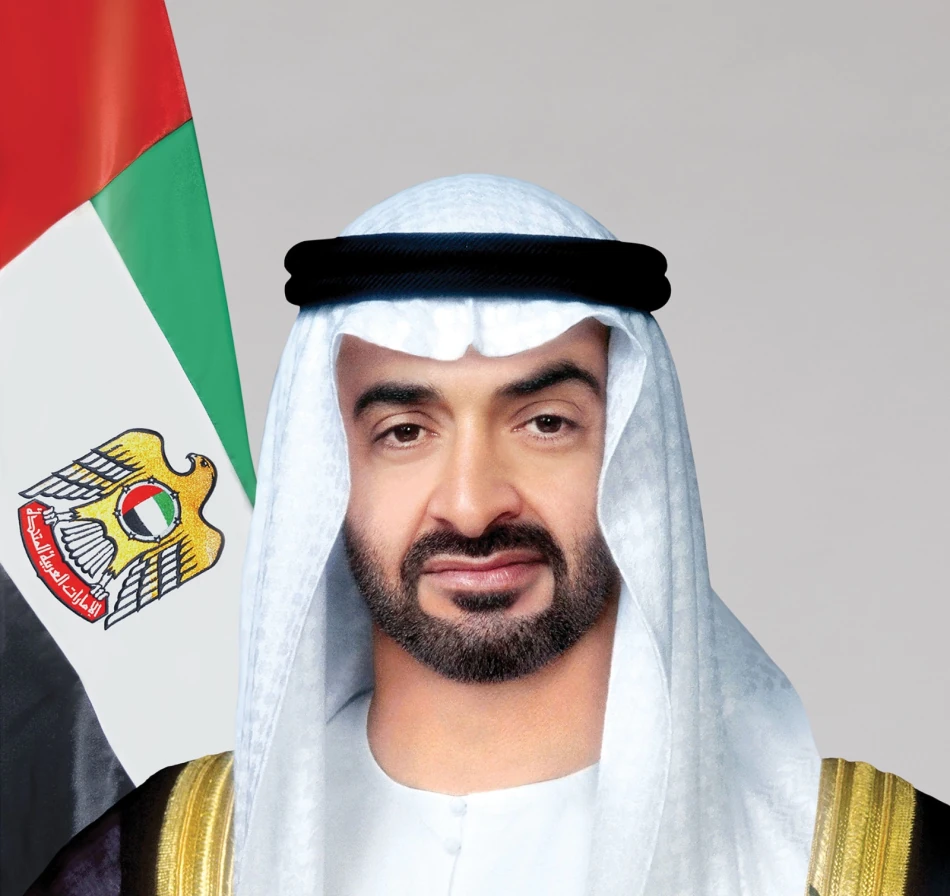
Azerbaijani President Visits Karabakh Administrative Building with State Leader
UAE President Makes Historic Visit to Azerbaijan's Reclaimed Karabakh Region
UAE President Sheikh Mohammed bin Zayed Al Nahyan has arrived in the historic city of Shusha in the Karabakh region, marking a significant diplomatic gesture that underscores the UAE's growing strategic partnership with Azerbaijan and its implicit recognition of Azerbaijani sovereignty over the contested territory.
Symbolic Choice of Location Sends Clear Message
The decision to hold official ceremonies in Shusha, rather than Baku, carries profound political weight. Shusha, often called the "crown jewel" of Karabakh, was recaptured by Azerbaijan in November 2020 during the Second Karabakh War, ending nearly three decades of Armenian control. By conducting formal state protocols in this city, the UAE is effectively endorsing Azerbaijan's territorial claims in one of the South Caucasus' most sensitive regions.
President Ilham Aliyev personally accompanied Sheikh Mohammed bin Zayed to the administrative building, where both national anthems were played and honor guards presented arms—standard diplomatic protocol that takes on added significance given the location's recent history.
Strategic Partnership Beyond Symbolism
Energy and Investment Corridors
This visit reflects the UAE's broader strategy of diversifying its partnerships beyond traditional Gulf allies. Azerbaijan's role as a crucial energy supplier to Europe, particularly following the disruption of Russian gas flows, makes it an attractive partner for UAE investment funds seeking exposure to critical infrastructure projects.
The timing also coincides with Azerbaijan's push to develop Karabakh's economic potential, where reconstruction efforts require substantial foreign investment—an area where UAE sovereign wealth funds have demonstrated expertise globally.
Geopolitical Calculations
The UAE's presence in Shusha sends a message to regional powers, particularly Russia and Iran, both of whom have complex relationships with Azerbaijan. While Russia brokered the 2020 ceasefire and maintains peacekeeping forces in parts of Karabakh, Azerbaijan has increasingly sought to balance Moscow's influence with partnerships from Gulf states and Turkey.
For investors and regional analysts, this visit signals the UAE's confidence in Azerbaijan's long-term stability and territorial integrity—factors that directly impact energy security and investment climate assessments.
Implications for Regional Dynamics
The high-level delegation accompanying Sheikh Mohammed bin Zayed, including senior sheikhs and government officials, suggests this is more than ceremonial diplomacy. Such visits typically precede announcements of substantial bilateral agreements, whether in energy, technology, or infrastructure development.
This diplomatic engagement also reflects a broader trend of Gulf states expanding their influence in the Caucasus region, viewing it as a strategic corridor connecting Europe and Asia—particularly relevant as global supply chains continue to adapt to geopolitical tensions elsewhere.
The visit ultimately represents the UAE's pragmatic approach to international relations: supporting allies' territorial integrity while positioning itself advantageously in emerging markets where traditional Western involvement remains limited.
Most Viewed News

 Sara Khaled
Sara Khaled






